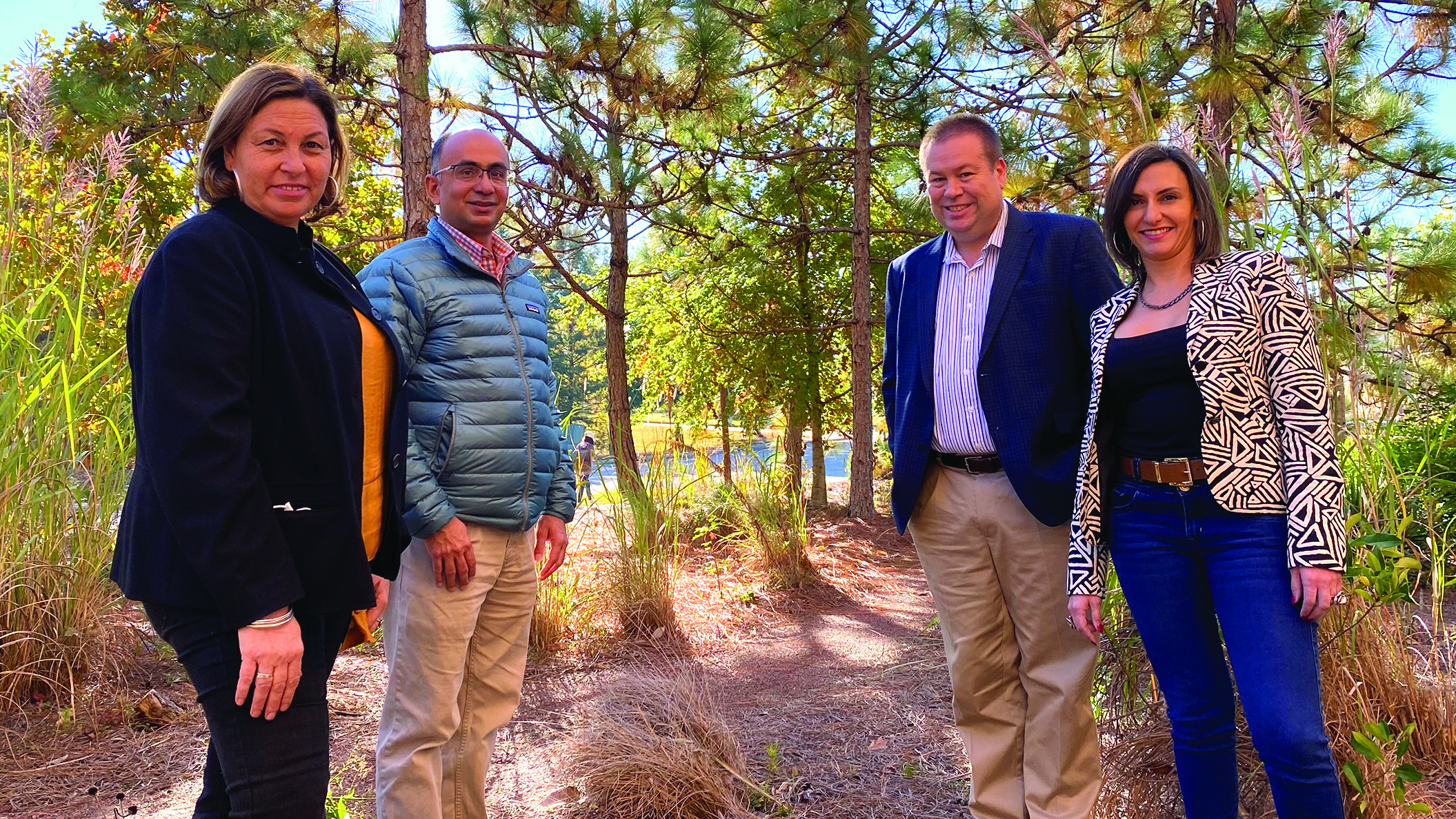Innovative Interdisciplinary Research: Affordable Housing Through 3D Printing
By Editorial Staff

An interdisciplinary project connecting several Auburn University faculty and fellow scientists will address the hard-hitting reality that affordable housing is out of reach for many Americans living in rural areas.
But the path of this research may lead to viable solutions that would have seemed futuristic mere years ago: planning advanced manufacturing that helps utilize waste biomaterials, which can then be produced through additive manufacturing — more commonly known as 3D printing — to create housing or building components.
The interdisciplinary study, which spans engineering, chemistry, forest resources and architecture, includes faculty experts from Auburn’s Samuel Ginn College of Engineering, College of Agriculture and College of Forestry and Wildlife Sciences, in collaboration with the University of Idaho.
The Auburn-led portion of this interdisciplinary project will focus on bio-resin development as a feedstock for 3D printing, which will be done at Idaho. This process will include conversion of biomass into chemicals and nanomaterials to help improve the sustainability of the resin.
The proposed interdisciplinary project, “Developing a Circular Bio-Based Framework For Architecture, Engineering and Construction Through Additive Manufacturing,” targets what is called the Advanced Manufacturing Industry of the Future.
“The thematic basis of our proposal is to develop innovative materials that will be environment-friendly, less dependent on depleting petroleum resources and will use natural sources or waste products with the realization of the impact on the environment that the current generation of composite materials have at the end of their life,” said Maria Auad, the Charles Gavin Distinguished Professor in Auburn’s Samuel Ginn College of Engineering and director of the Center for Polymer and Advanced Composites at Auburn.

